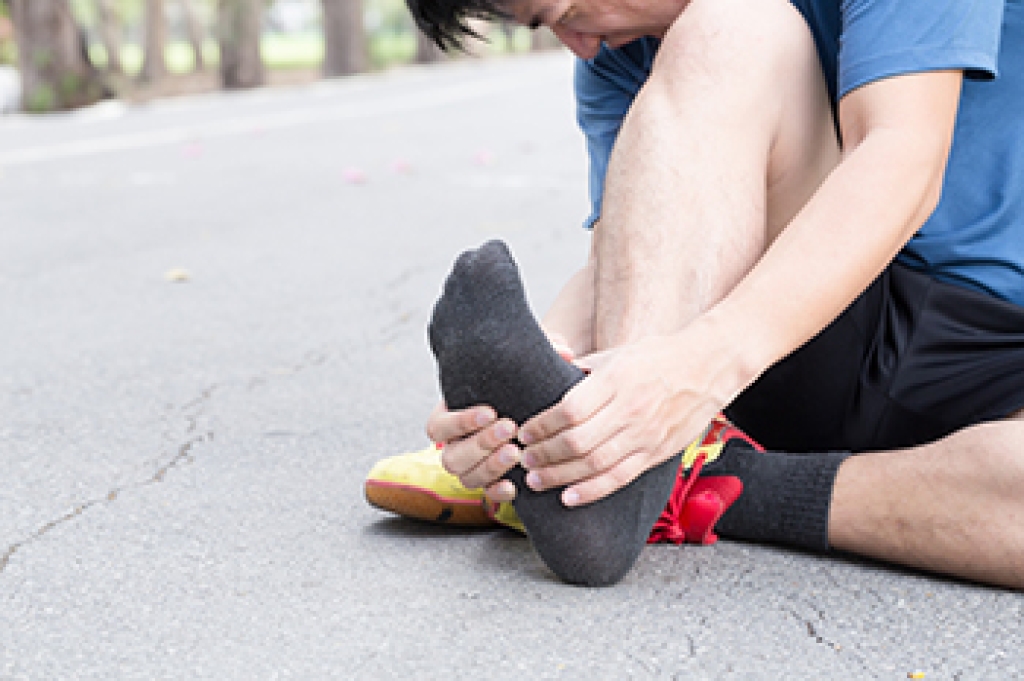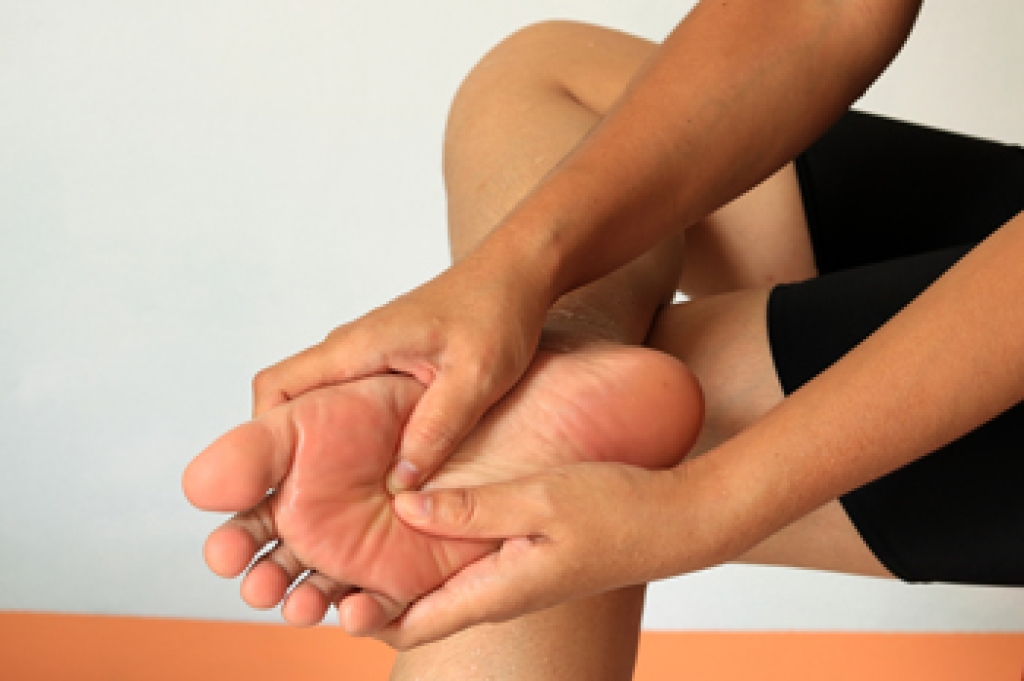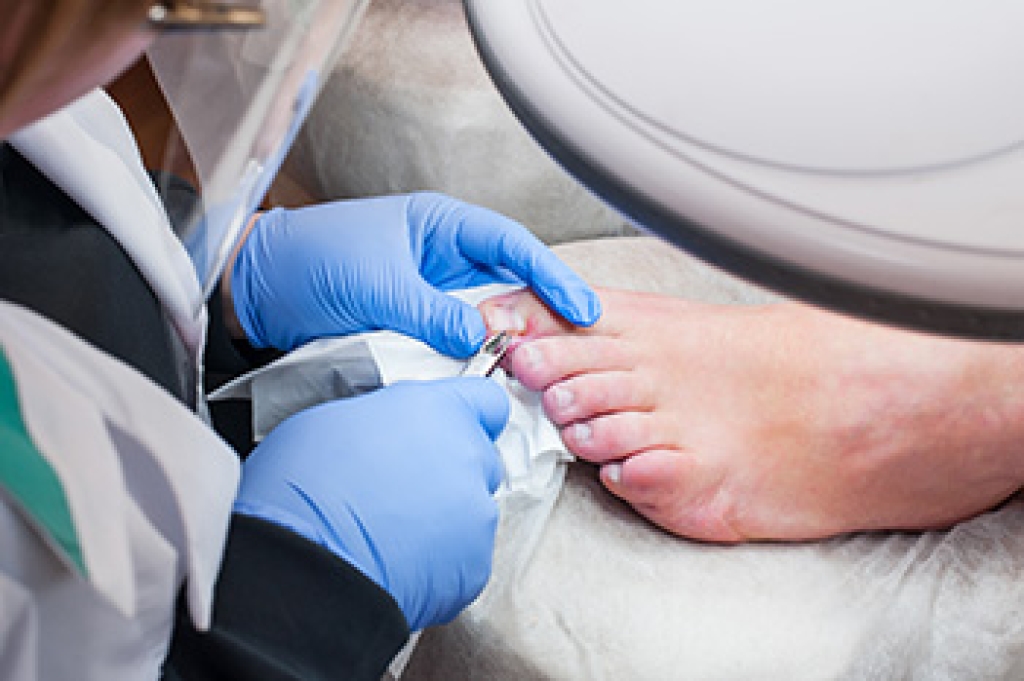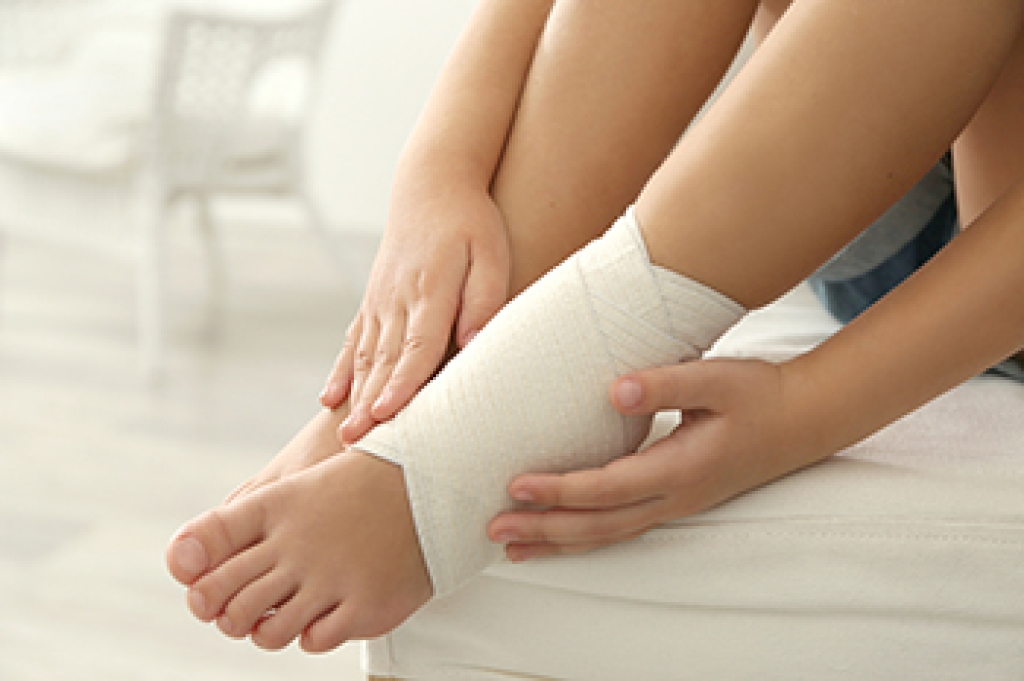
Plantar fasciitis is a frequent source of heel and arch pain that develops when the thick band of tissue along the bottom of the foot becomes strained or inflamed. The foot may look normal on the outside, yet it often feels stiff, tender, or sharp with pain that is most noticeable during the first steps in the morning or after rest. Symptoms include aching in the heel, tightness through the arch, and discomfort that increases with prolonged standing, walking, or exercise. Causes may involve overuse, wearing poor footwear, flat or high arches, or sudden changes in activity levels. A podiatrist can begin by examining your foot structure, evaluating inflammation, and identifying any gait or alignment issues. Treatment may include stretching routines, supportive footwear guidance, or targeted interventions designed to reduce strain on the plantar fascia and promote healing. Because early management can prevent long-term problems and restore daily comfort, it is suggested that you schedule an appointment with a podiatrist for effective relief and treatment solutions.
Plantar fasciitis is a common foot condition that is often caused by a strain injury. If you are experiencing heel pain or symptoms of plantar fasciitis, contact Edward Orman, DPM from Honeygo Podiatry. Our doctor can provide the care you need to keep you pain-free and on your feet.
What Is Plantar Fasciitis?
Plantar fasciitis is one of the most common causes of heel pain. The plantar fascia is a ligament that connects your heel to the front of your foot. When this ligament becomes inflamed, plantar fasciitis is the result. If you have plantar fasciitis you will have a stabbing pain that usually occurs with your first steps in the morning. As the day progresses and you walk around more, this pain will start to disappear, but it will return after long periods of standing or sitting.
What Causes Plantar Fasciitis?
- Excessive running
- Having high arches in your feet
- Other foot issues such as flat feet
- Pregnancy (due to the sudden weight gain)
- Being on your feet very often
There are some risk factors that may make you more likely to develop plantar fasciitis compared to others. The condition most commonly affects adults between the ages of 40 and 60. It also tends to affect people who are obese because the extra pounds result in extra stress being placed on the plantar fascia.
Prevention
- Take good care of your feet – Wear shoes that have good arch support and heel cushioning.
- Maintain a healthy weight
- If you are a runner, alternate running with other sports that won’t cause heel pain
There are a variety of treatment options available for plantar fasciitis along with the pain that accompanies it. Additionally, physical therapy is a very important component in the treatment process. It is important that you meet with your podiatrist to determine which treatment option is best for you.
If you have any questions, please feel free to contact our offices located in Perry Hall, and Fallston, MD . We offer the newest diagnostic and treatment technologies for all your foot care needs.




